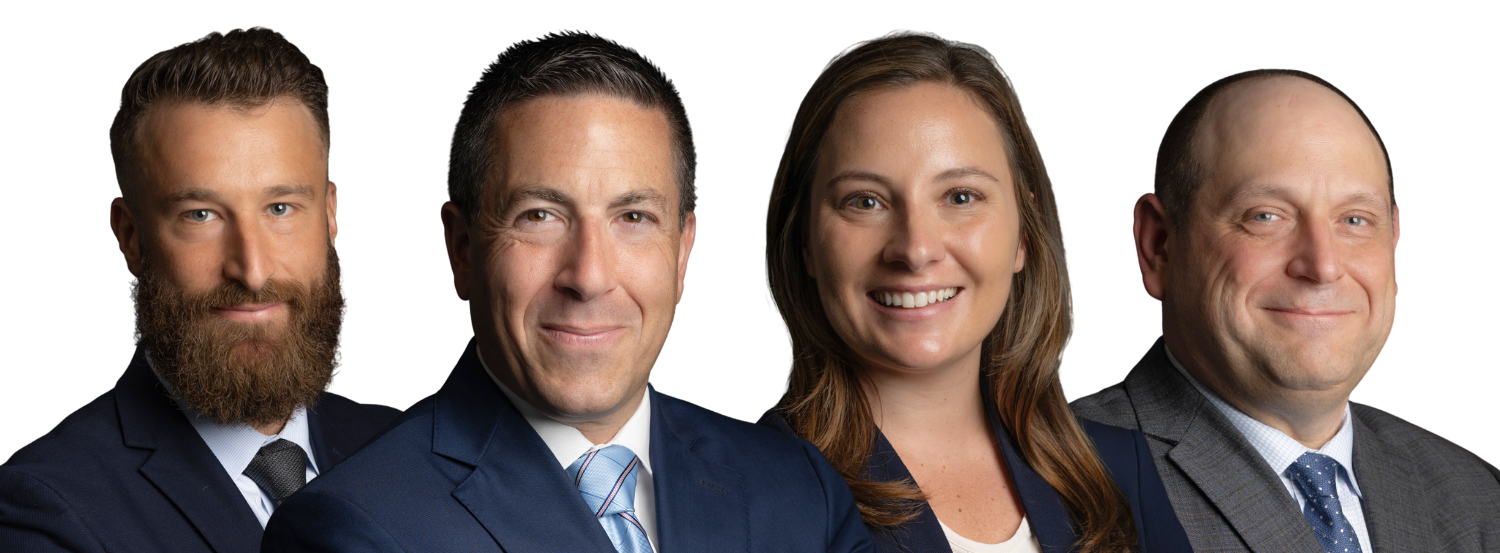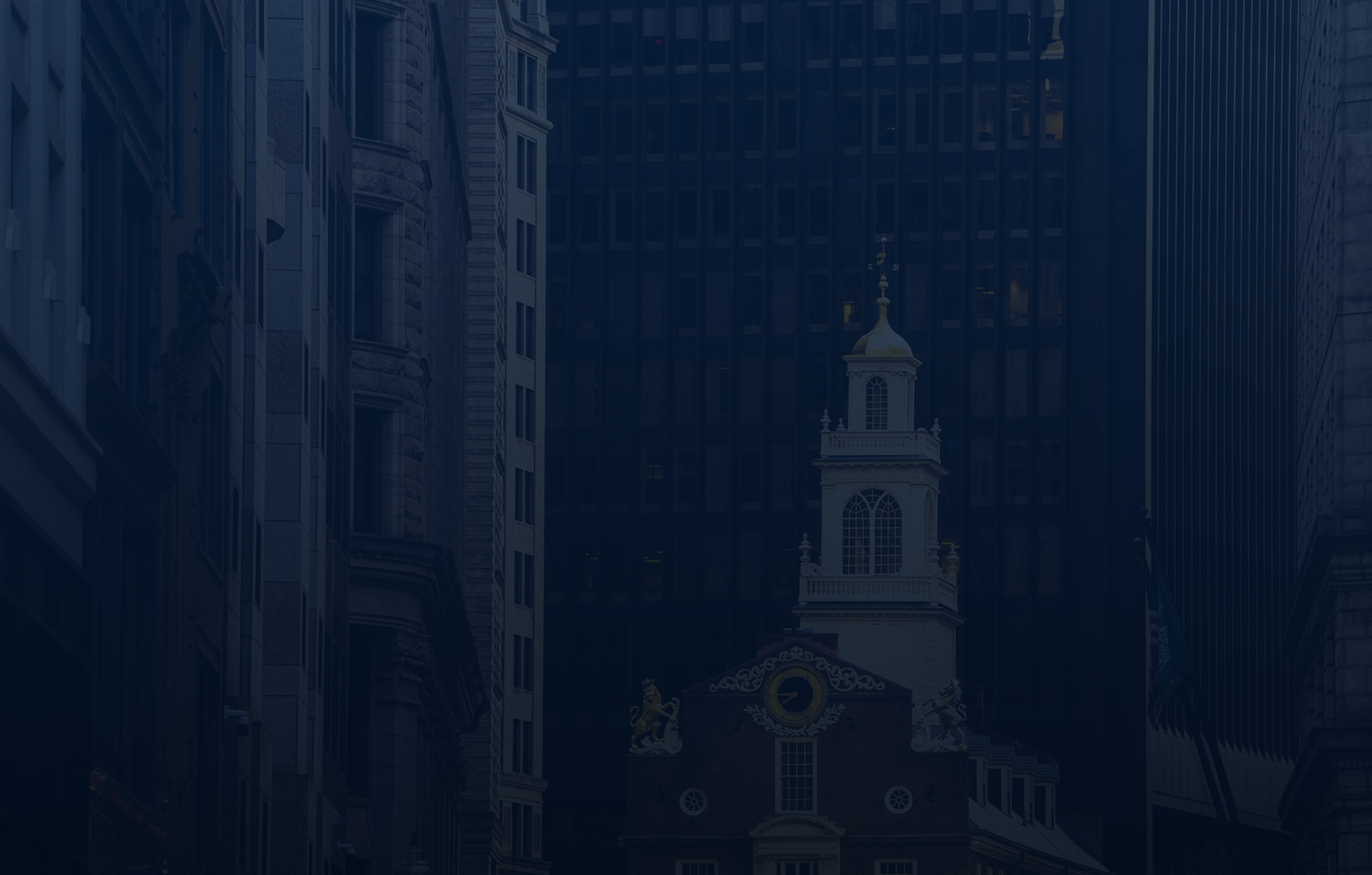‘Junk science’ in the crosshairs?
Pat Murphy // December 15, 2023
Recent amendments to the Federal Rules of Evidence squarely place the onus on judges to embrace their role as “gatekeepers” in determining whether expert evidence is sufficiently reliable to be admitted at trial.
Among the amendments that went into effect on Dec. 1 was revised Evidence Rule 702, which governs the testimony of expert witnesses and was modified in two key respects.
“The impact of the rule is that it is just making it clear that the judges were doing it wrong.”
First, the new rule explicitly recognizes a preponderance-of-the-evidence standard in assessing the factors as to whether a witness qualifies as an expert.
The committee notes explain that the preponderance-of-the-evidence standard recognized in the amended rule is the same standard that governs most admissibility requirements under the Federal Rules of Evidence.
“But many courts have held that the critical questions of the sufficiency of an expert’s basis, and application of the expert’s methodology, are questions of weight and not admissibility,” writes the U.S. Judicial Conference’s Advisory Committee on Evidence Rules in its comments to the amended rule. “These rulings are an incorrect application of Rules 702 and 104(a).”
The second change to Rule 702 requires a proponent to demonstrate to the court under the preponderance-of-the-evidence standard that an expert’s opinion “reflects a reliable application” of the underlying science to the facts in the case.
The committee writes that “[j]udicial gatekeeping is essential because just as jurors may be unable, due to a lack of specialized knowledge, to evaluate meaningfully the reliability of scientific and other methods underlying expert opinion, jurors may also lack the specialized knowledge to determine whether the conclusions of an expert go beyond what the expert’s basis and methodology may reliably support.”
Boston products liability attorney Kevin G. Kenneally sees revised Rule 702 as a clarification rather than a change in direction.
“The impact of the rule is that it is just making it clear that the judges were doing it wrong,” the defense lawyer says. “It doesn’t really change the rule. It doesn’t really change what the process should have been.”
Stephen D. Lapatin, a products liability defense attorney in Providence, views the rule change as essentially “codifying” the Daubert standard for admission of expert witness testimony.
“On the one hand, the amendments are subtle,” Lapatin says. “Rather than change the standard of admissibility, they clarify it. And that’s what brings in the scathing advisory committee notes, because the incorrect application of the rule resulted in not just a circuit split, but a splinter among the District courts. District courts were applying the rule in different ways and presenting expert testimony to juries that never should have reached them in the first place.”
Plaintiffs’ attorney Matthew J. Fogelman says the amendments aren’t “revolutionary” but rather a reinforcement of the existing standard that defines the judge as the gatekeeper.
“Sometimes it is important for both judges and lawyers to have a reminder,” the Newton attorney says.
According to Lapatin, in adopting the amendments to Rule 702, the U.S. Supreme Court chose the cleanest path to putting an end to the confusion in the lower courts.
“I think the Supreme Court recognized that [the best course was to] amend the rule rather than granting cert and issuing an opinion in a case where [the admission of expert testimony] was an issue,” Lapatin says. “The Supreme Court recognized that the issue was with the text [of Rule 702].”
Dissecting the amendments
In April 2021, the Advisory Committee on Evidence Rules unanimously approved a proposal to amend Evidence Rule 702. Earlier this year, the U.S. Supreme Court adopted the amendment to Rule 702 among other amendments to the evidence rules.
The amendment to Rule 702 makes explicit that the proponent of expert testimony must satisfy the rule’s four admissibility requirements under the preponderance-of- the-evidence standard governing Evidence Rule 104(a).
The full revision of Rule 702 is reflected in the following, with the language added by the committee in italics and deleted passages struck through:
“A witness who is qualified as an expert by knowledge, skill, experience, training, or education may testify in the form of an opinion or otherwise if the proponent demonstrates to the court that it is more likely than not that: (a) the expert’s scientific, technical, or other specialized knowledge will help the trier of fact to understand the evidence or to determine a fact in issue; (b) the testimony is based on sufficient facts or data; (c) the testimony is the product of reliable principles and methods; and (d) the expert has reliably applied expert’s opinion reflects a reliable application of the principles and methods to the facts of the case.”
“The preponderance standard of more likely than not makes sense,” Fogelman says. “It’s consistent with the standard of proof as to the underlying case.”
“Instead of the judge functioning as a gatekeeper, judges were allowing the expert testimony to proceed to the jury to draw their own conclusions. There’s a big risk to allowing unreliable, untested, unsupported theories that masquerade as science to go before a jury.”
According to Boston attorney Michael J. Leard, the impact that the rule changes will have is likely to vary according to practice area. Leard represents pharmaceutical companies and medical device manufacturers as part of his product liability practice.
“In that world, certainly, these amendments will be significant,” Leard says. “What these amendments do is reinforce what the law is.”
Leard was struck by the advisory committee’s comments for the revised rule.
“They made pretty significant statements by saying essentially that the rule was not being applied as it was intended,” Leard says. “Instead of the judge functioning as a gatekeeper, judges were allowing the expert testimony to proceed to the jury to draw their own conclusions. There’s a big risk to allowing unreliable, untested, unsupported theories that masquerade as science to go before a jury.”
Kenneally says the Rule 702 changes were a topic of conversation at a recent conference he attended in New York on pharmaceutical and medical device litigation. Federal judges who attended the conference confirmed his opinion that the amendments don’t fundamentally change the rule.
“As explained by these judges, the rule always implicitly required federal judges to conduct a Rule 104 preliminary question of fact,” Kenneally said. “They were required to conduct gatekeeping on their own and have a hearing to satisfy themselves of the preliminary admissibility of [the proffered expert testimony] based on reliability and the reliable applications of methods. But judges weren’t doing it. They were doing what the state court judges do — which is to say it was a cross-examination matter to be put in front of the jury.”
Keeping ‘junk science’ out of court
Lapatin says many cases turn on expert testimony. He points to a recent products liability case handled by his law firm that involved a plane crash.
“The issue was whether the engine was defective,” Lapatin says. “It was four-on-four [in terms of] the experts on both sides, so the case really turned on the experts. The judge really needed to determine whether these experts were reliable.”
Lapatin says he occasionally sees a problem with opposing parties trying to introduce expert testimony based on untested or unproven scientific theories.
“Experts are paid a lot of money. There’s a lot of junk science,” he says. “Judges need to be there to prevent that type of opinion from reaching the jury.”
Will the rule change help keep expert opinions based on junk science from getting before juries?
“It will help,” Lapatin says. “But I don’t know whether it will eliminate it. These reliability requirements need to be met by a preponderance of the evidence [which is a low bar], so it doesn’t prevent ‘junk science’ from reaching juries. The standard is a filter that will hopefully prevent it, but you never know.”
Kenneally says he sees the new rule as generally benefiting defendants — but not always.
“I think it’s better for defendants to be able to defend a case where the science is reliable and it’s real,” Kenneally says. “But there may be instances where plaintiffs’ lawyers will be able to exclude defense experts.”
But Fogelman doesn’t see the rule change as cutting one way or the other in terms of plaintiffs and defendants.
“This is not a ‘victory’ for the defense bar,” he says. “This applies evenly to both sides. Certainly, on the plaintiffs’ side, sometimes we see the defense trying to get in experts in auto [accident] or other tort cases whose opinions are based on so-called junk science.”
Judges take notice
According to Lapatin, the amendments to Rule 702 have been impacting cases since they were first proposed by the advisory committee in April 2021.
“I know the courts started applying the new standard even before December 1,” he says. “Litigants were pointing to the new amendments, and the courts were applying them. So, it’s working, and people are taking notice.”
Kenneally points to a decision handed down by the 4th U.S. Circuit Court of Appeals in August 2021 as perhaps the most notable case involving a pre-Dec. 1 application of the then-pending amendments to Rule 702.
In Sardis v. Overhead Door Corp., a federal jury in Virginia awarded $4.84 million to the estate of a worker who suffered a fatal head injury due to the alleged failure of handles on a large container used to ship garage doors. In the ensuing products liability suit, the plaintiff relied on the testimony of experts who faulted the design of the container’s handles.
A 4th Circuit panel reversed with instructions for entry of judgment for the defendant, concluding that the testimony of the plaintiff’s experts was unreliable and that the trial judge had failed to properly vet those experts as required under the evidence rules.
“The district court’s ruling on [the defendant’s] motion in limine cursorily dismissed each of [the defendant’s] reliability and relevance arguments as only going to weight, not admissibility,” the Sardis court wrote.
In addition to citing existing precedent from the U.S. Supreme Court, the 4th Circuit panel cited the advisory committee’s discussion concerning the proper application of Rule 702 in its April 2021 proposal.
“Consistent with that existing law — and in accordance with the Committee’s pending rule — we confirm once again the indispensable nature of district courts’ Rule 702 gatekeeping function in all cases in which expert testimony is challenged on relevance and/or reliability grounds,” the Sardis court wrote.





